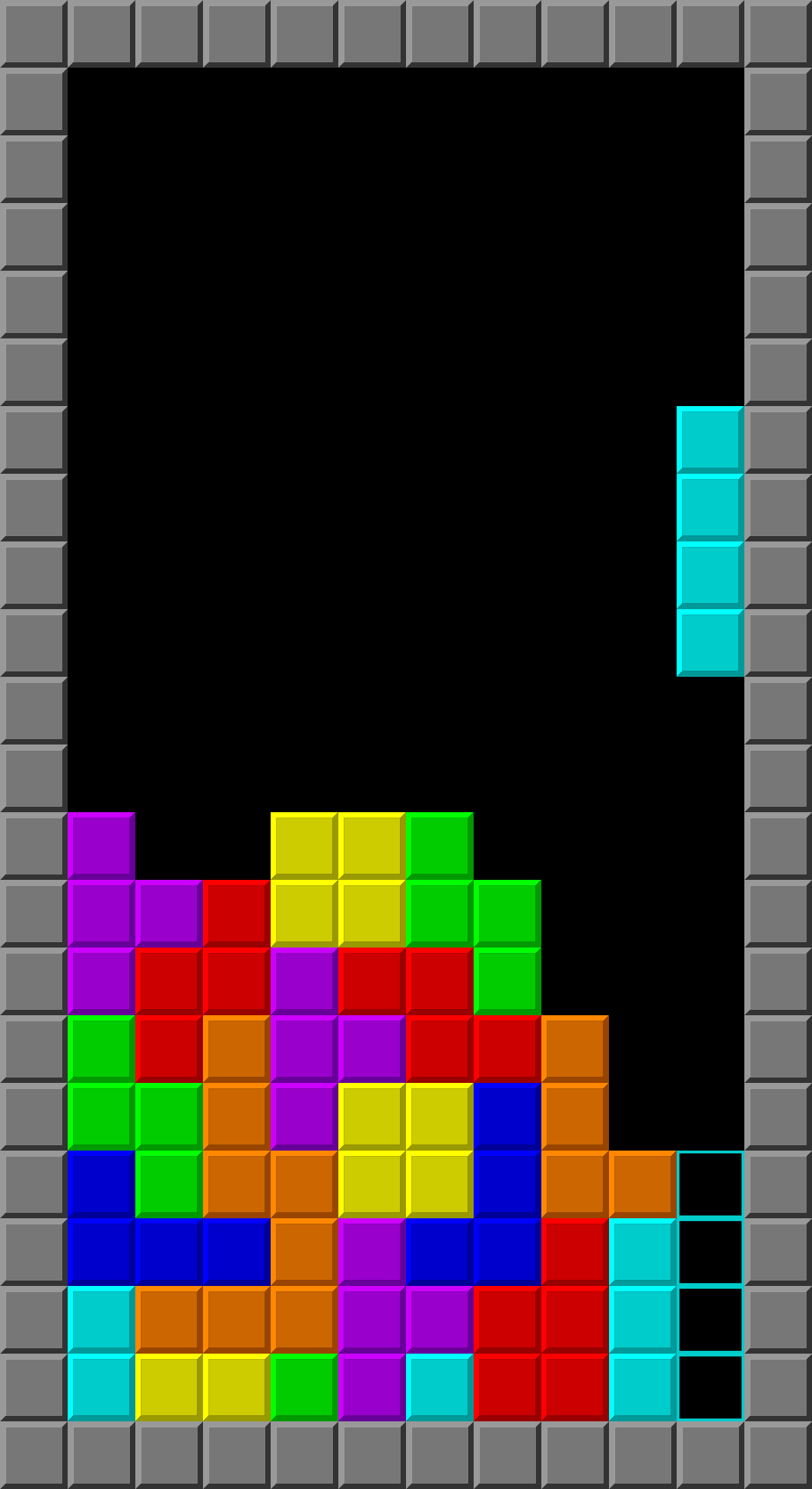Enjoying Order
One of my favorite rooms in our house is our library. I've always wanted a library; to sit and read in a comfy leather chair surrounded by books is a foretaste of heaven. However, our library isn't simply a library; it serves a secondary purpose: its bottom cupboards store our children's homeschooling materials. Consequently, this second duty makes it ground zero for an ongoing battle between the forces of order and chaos.
Each day, my little barbarian horde assaults the library/homeschool room with force—writing, cutting, gluing, coloring, and creating. At night, I uncover the remnants of their creative energies: little bits of paper and cardboard litter the floor, a pair of scissors and a pencil hide in the corner, papers and crafts crammed in drawers, and lessons stacked on the cupboards. Our family does its best to fight the good fight for organization, tidiness, and order. Nevertheless, if our watchfulness slips, the mess of the cupboards and the kid's drawers slowly grows until disorder rules the room, which forces my wife to pull out the big guns and go full Marie Kondo on it!
It's a humorous picture, but it's filled with truth. I genuinely love being in the library when it's clean and organized; it makes me happy. Reading in the library is far less enjoyable when it's messy. Order gives us pleasure, and it's not limited exclusively to organizational masters like Marie Kondo and my wife or their spouses but all of us.
Just look at all the games built around our desire for order. There are puzzle games like Tetris and Wilmot's Warehouse, match-three games like Bejeweled and Candy Crush, cozy games like A Little to the Left and Unpacking, strategy simulation games like Railbound and Mini Metro, and even roguelikes like Backpack Hero. And these are just a tiny survey.
If we presuppose a universal human desire to move toward order, then it makes sense that organization mechanics are not limited to a single game genre. They would naturally show up across the spectrum of games, and I'd wager that if you took some time to dissect your favorite games, you would identify elements and systems of order, regardless of genre.






“God is not a God of disorder”
Why do we enjoy order?
In the opening chapter of the Bible, we are told, "The earth was without form and void, and darkness was over the face of the deep. And the Spirit of God was hovering over the face of the waters." Up to this point, creation was formless and devoid of life and order. The image of deep water in verse two is a repeating metaphor in the Bible, which represents disorder, chaos, and the forces trying to undo God's creation. It's a fascinating picture that is easy to miss as a modern Westerner, but the Bible Project helped me see and understand this image of "chaos waters" in a few of their podcasts (Chaotic Waters, Chaos Dragon).
So, creation started in a state of disorder, and as we continue the narrative, we see God begin to impose order. For the first four days, God establishes a work routine that involves creating and separating. On the first day, He makes light and separates it from the darkness. On the second day, Elohim separates the waters from above and below (the sky and the earth). On the third day, He separates the water from water again into water and dry land. And on day four, He places lights in the sky to separate day from night and establish the order of time and seasons.
By day five, God has established creation's structures and systems and moves to fill it with life. He creates animals, insects, and every living creature, culminating in the making of people in His image on day six. In this filling of the world, God not only introduces the ideas of categories and hierarchies to creation. But God doesn't complete all the work that needs to be done; He leaves creation a little raw and wild, and He asks us to continue His work. Fill the earth, subdue it, and have dominion over every living thing. In other words, continue to create and order, just like I have done.
Creating order is a pleasurable activity—in the physical world and virtual worlds—because God is a God of order. He instructed us to continue His work of bringing order and structure to creation. Like all great game designers, God understands the power of positive reinforcing loops and has embedded them in our world. The enjoyment we receive from creating order is positive feedback that lets us know we are fulfilling our design and nudging us to keep doing it.


